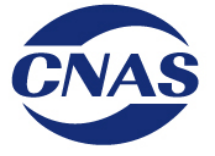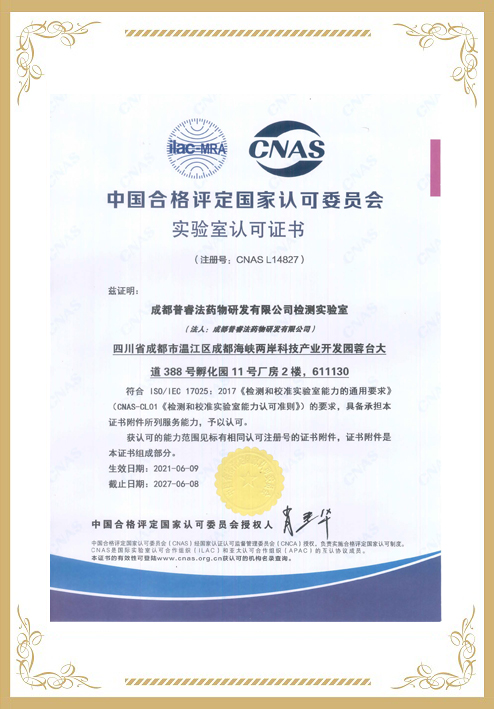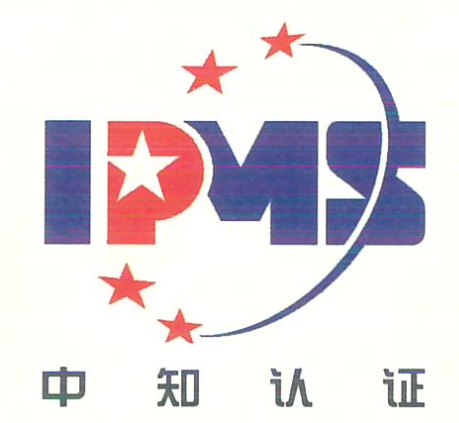Triptolide (TP), a diterpene from Tripterygium wilfordii, exhibits potent anti-inflammatory, immunomodulatory, and antitumor properties but is limited by severe hepatotoxicity. This study investigates sex differences in TP-induced liver injury and the protective role of estradiol (E2) in modulating macrophage-mediated inflammation and hepatocyte function. An acute liver injury model was established in male and female Balb/c mice using intraperitoneal TP injection. Liver function tests, histological analyses, and immunohistochemical staining were performed. THP-1 macrophage and various liver cell lines were used to study the effects of TP and E2 in vitro. Virtual screening, molecular docking, luciferase assays, and qPCR were employed to identify potential targets and elucidate underlying mechanisms. TP caused more severe liver injury in female mice, evidenced by increased liver indices, aspartate aminotransferase (AST) levels, and extensive hepatocyte damage. TP promoted M1 macrophage polarization, enhancing inflammation, particularly in female mice. E2 mitigated TP-induced inflammatory responses by downregulating pro-inflammatory cytokines and macrophage activation markers. Molecular docking and functional assays identified Nuclear receptor subfamily 1 group I member 2 (NR1I2) as a key target mediating the protective effects of E2. The study highlights significant sex differences in TP-induced hepatotoxicity, with females being more susceptible. E2 exerts protective effects against TP-induced liver injury by modulating immune responses, presenting a potential therapeutic approach to mitigate drug-induced liver injury (DILI). Further research on NR1I2 could lead to targeted therapies for reducing drug-induced liver damage.























